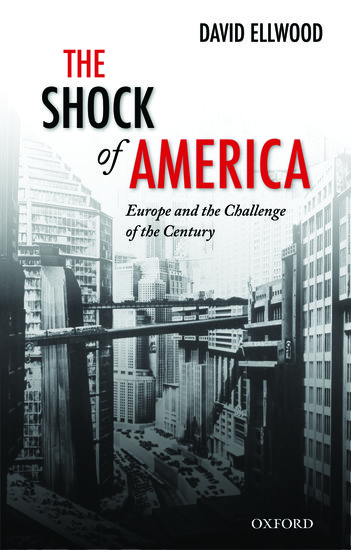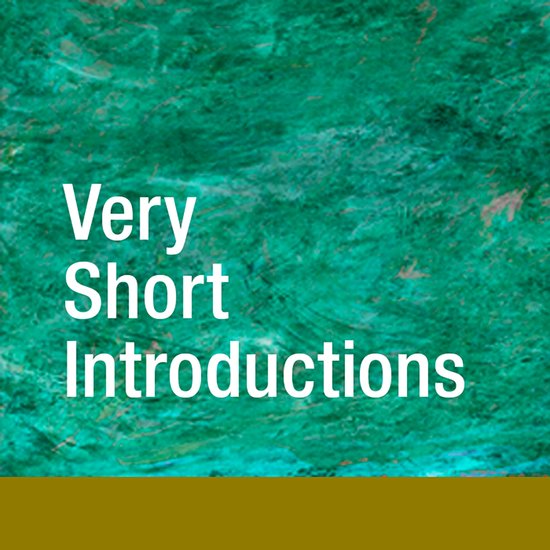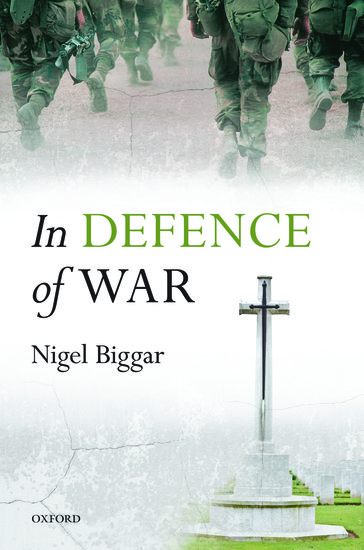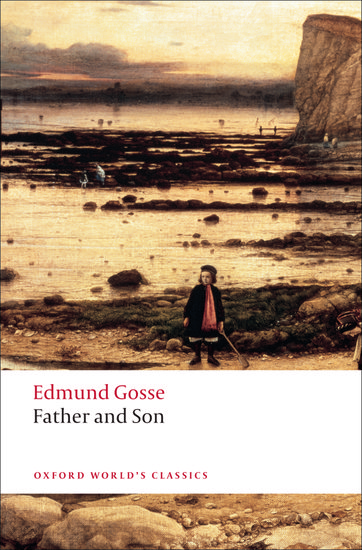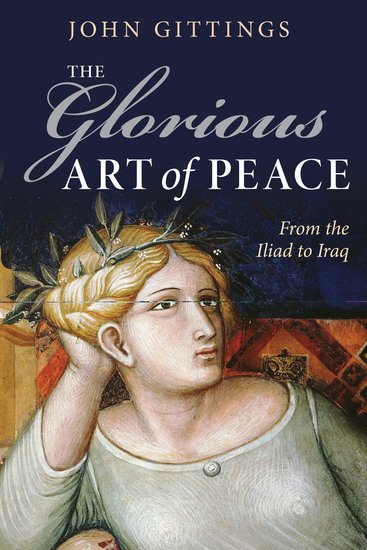The amended Constitution
By David J. Bodenhamer
Veneration of the Constitution—and of the Founders who drafted it—began early in the nation’s history. Thomas Jefferson, who in 1787 expressed reservations about the Philadelphia convention, hailed the document two years later as “unquestionably the wisest ever yet presented to men.”

